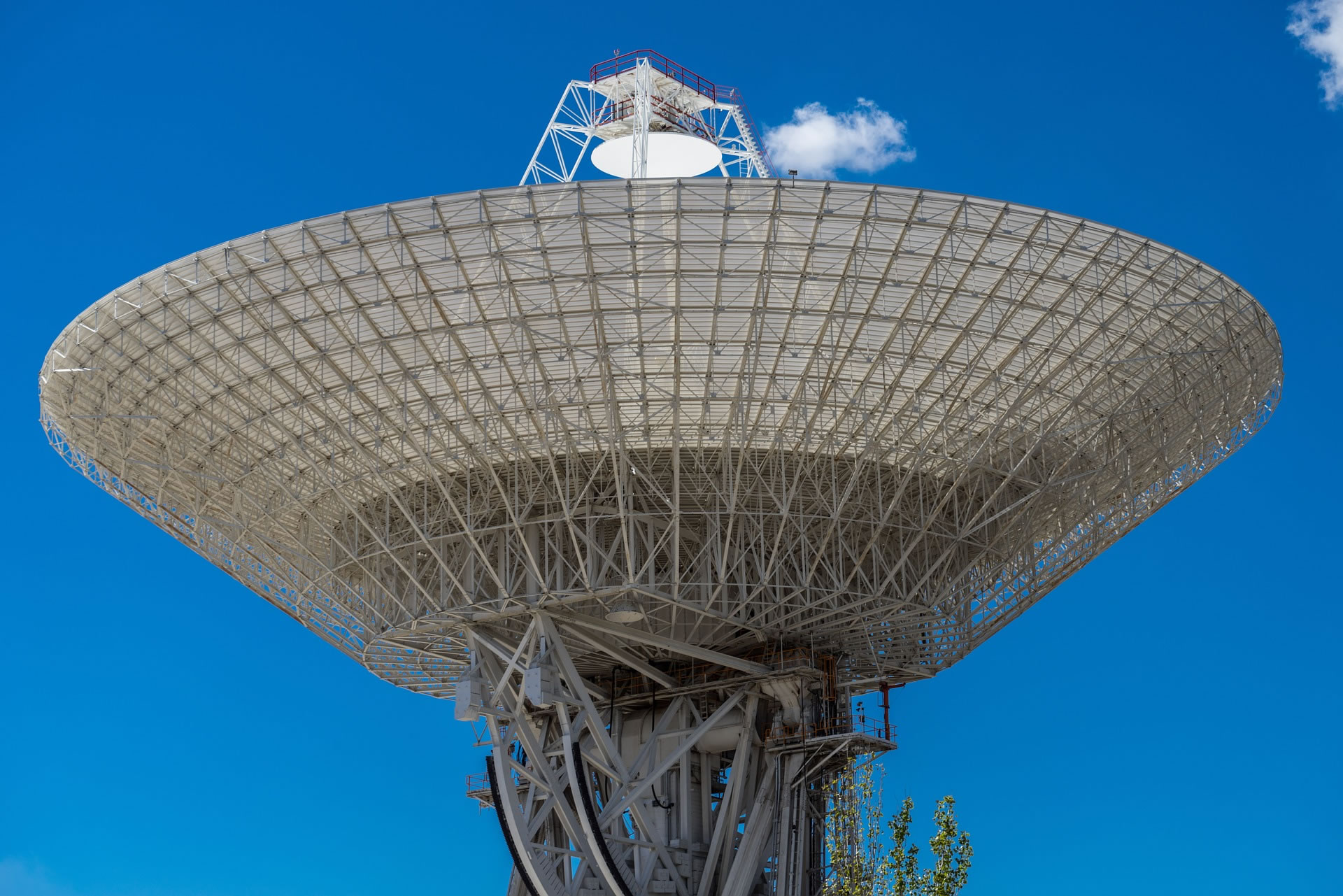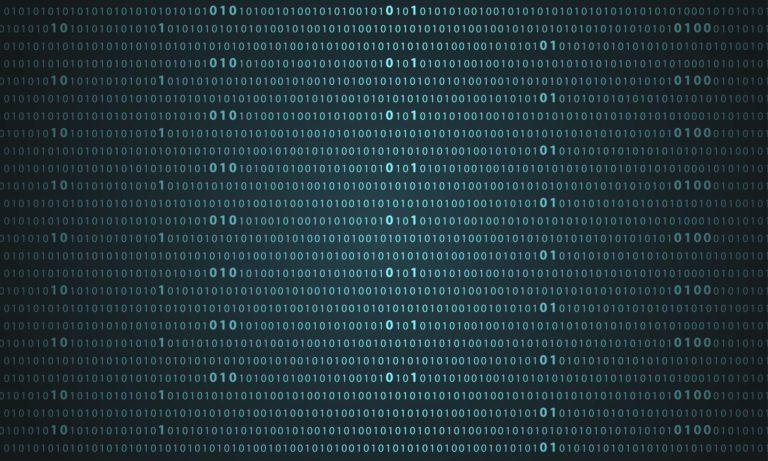EXCELLENT PERFORMANCE TOWARDS ARIANE 6
ISQ is a member of ESQS (Europe Spatial Qualité Securité), an industrial grouping of European companies which provides services to the aerospace sector in the areas of Quality, Reliability, Safety and Environment. According to Patrick Pélissié, Operations Director in French Guiana, the ISQ team, with its excellent performance, will continue to participate in the coming challenges: Ariane 6.
What is the ESQS and what activities does it undertake in the aerospace sector?
It is a consortium, an economic interest grouping (EIG), created in 1996 in French Guiana to provide services to the aerospace industry in the fields of Quality, Reliability, Safety, Environment and Regulatory Control. It brings together the competencies of nine European companies: Apave (France), Apave Italy (Italy), GTD Ingeneria de Systemas lá Software (Spain), Heracles (France), ISDEFE (Spain), ISQ (Portugal), ROVSING A/S (Denmark), TÜV Industrie Service GmbH (Germany) and Vitrociset (Italy). This EIG was created with the European partners to meet the quality and investment requirements of the European Space Agency (ESA), having a structure capable of leveraging the skills and specialisms of the various partners through a centralised and structured organisation. It was mandatory that the consortium only included European companies and we selected the best. We have a solid, sustainable consortium with an outstanding reputation. The headquarters of the ESQS EIG are located in Kourou, French Guiana, and all its activities are undertaken at the space base by approximately one hundred specialists. The number of permanent specialists varies according to operational cycles and the number of active launch pads. Initially there was only Ariane 4 and then, simultaneously, Ariane 5, Soyuz and Vega. Currently, at Kourou, three launch pads are operational (Ariane 5, Soyuz and Vega), and launches are marketed by Arianespace. Our ESQS EIG is providing industrial services at the three launch pads in the areas mentioned above.
How do you evaluate the ISQ partnership?
ISQ has an excellent performance, is fully integrated into the ESQS consortium team, operating at the three launch pads, and currently undertakes activities in the areas of Quality, Reliability, Safety and Environment. All the partners’ experts pull in the same direction. The ESQS team is a large, united team, fully integrated in even larger teams of Arianespace and the European Space Centre in French Guiana (CNES).
Quality Assurance and the Environment are great challenges for aeronautics. How important is the work of the ESQS EIG in this field?
In terms of Quality, we provide two kinds of services: one for Arianespace and another for CNES. For Arianespace, we provide operational services (on-board quality and ground quality) for the Ariane 5, Soyuz and Vega launching systems. For CNES, we provide Quality services for all ground means which contribute to launches: cargo preparation, telecommunications, telemetry, tests and trials, meteorology and energy, among others. For both Arianespace and CNES, we provide management, environmental, goods and people protection services for all existing launching systems. In the case of CNES, these services also cover satellite preparation activities, such as chemical tests and trials whenever Ariane 5 is launched, as well as regulatory controls.
What is your greatest challenge for the future?
I spent 20 years in French Guiana, from 1983 to 2013. When I first arrived, we were four or five, now we’re 150. There was one launch pad only, with no commercial flights; now there are three launch pads and various commercial flights. The greatest challenge is this diversity, with ever growing demands. Ariane 6 will undoubtedly be the great new challenge. The project has started and, in due course, will replace Ariane 5. Ariane 6, which aims at reducing costs and performing better, is giving rise, within ESQS, to the need to have more versatile technicians and engineers who are able to work on the three pads simultaneously, with several integrated technical strengths. Together with this challenge, the EIG is faced with another: mastery of the French language, something missing in all the members and indeed throughout Europe. It is very difficult to find engineers and technicians specialising in these areas who have a reasonable mastery of French. There is always the need for specific training of a more technical nature to meet ESA’s needs, delivered on site, on the job, under a dual practical training scheme.






